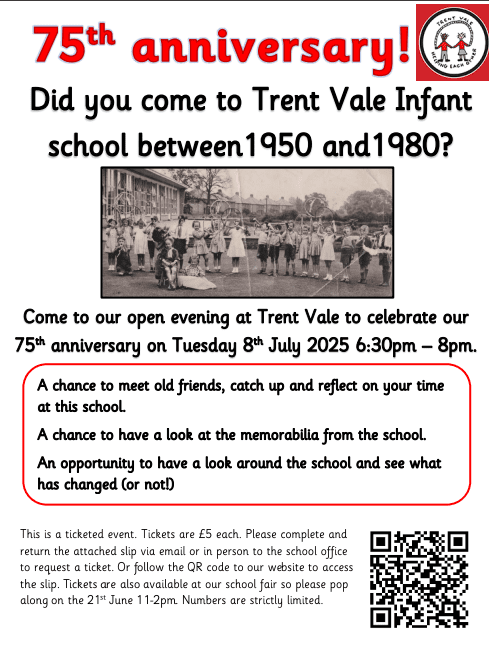PSHE and RSE
Intent
At The Trent Rylands Federation, PSHE is at the core of what we do and enables our children to become independent, confident, healthy and responsible members of society, as well as developing the “whole child” intellectually, morally, socially and spiritually. Through our whole-federation approach to PSHE, it is our belief that excellence in these areas will lead to excellence across the curriculum and beyond in later life. PSHE is taught across the school from FS1- Year 6 on a weekly basis and as a school, we follow the Jigsaw PSHE scheme. Our PSHE curriculum equips children with relevant and meaningful content, which is supported through a strong emphasis on emotional literacy, building resilience and nurturing mental and physical health. With an ever changing society, we are able to provide our children with a strong understanding of the diverse world around them and support them in playing a positive role in contributing to the school and the wider community. Weaving through the heart of our PSHE teaching, is a commitment to enhancing and promoting our core values –Doing What is Right for the Children in our Community
Everyone is valued . Everyone is included. Everyone works together. Everyone has fun learning. Everyone’s aim is excellence. Everyone cares for their environment.
Implementation
Jigsaw PSHE
At The Trent Ryland Federation, we have introduced a whole school PSHE scheme called Jigsaw. Jigsaw combines PSHE, emotional literacy, mindfulness, social skills and spiritual development.
Jigsaw is designed as a whole school approach, with all year groups working on the same theme (Puzzle) at the same time. This enables each Puzzle to start with an introductory assembly, generating a whole school focus for the children. We aim for the themes covered in the JIGSAW programme to be reflected in the children’s behaviour and attitudes throughout the whole of school life.
Jigsaw aims to help children know and value who they really are and how they relate to other people in this ever-changing world.
There are six Puzzles (half-term units of work), each with six Pieces (lessons). Every year group studies the same Puzzle at the same time (in order from September to July), allowing for whole school themes and the end of Puzzle product which is displayed for KS1 in Acorn hall and KS2 in Oak hall. Each year group is taught one lesson per week and all lessons are delivered in an age- and stage-appropriate way so that they meet children’s needs.
CLICK HERE to view the Jigsaw Knowledge Progression Document
CLICK HERE to Jigsaw Progression Document T RF
Click here to view the Jigsaw Parent Guide
Relationships & Sex Education
An important part of the Jigsaw PSHE programme is delivered through the ‘Relationships’ and ‘Changing Me’ puzzle pieces, which are covered in the summer term.
There are four main aims of teaching RSE:
- To enable children to understand and respect their bodies
• To help children develop positive and healthy relationships appropriate to their age and development
• To support children to have positive self-esteem and body image
• To empower them to be safe and safeguarded
Each year group will be taught appropriate to their age and developmental stage.
Below is a summary of RSE coverage within the Jigsaw scheme for each year group:
- Foundation Stage – Growing up: how we have changed since we were babies
• Year 1 – Boys’ and girls’ bodies; naming body parts
• Year 2 – Boys’ and girls’ bodies; body parts and respecting privacy (which parts of the body are private and why this is)
• Year 3 – How babies grow and how boys’ and girls’ bodies change as they grow older
• Year 4 – Internal and external reproductive body parts, body changes in girls and menstruation
• Year 5 – Puberty for boys and girls, and conception
• Year 6 – Puberty for boys and girls and understanding conception to birth of a baby
Jigsaw 3 11 Parent Overview Changing Me
Impact
What will this look like? By the time children leave our school they will:
For all children to have a ready willingness and ability to try new things, push themselves and persevere. To
have a good understanding of how to stay safe, healthy and develop good relationships. To have an
appreciation of what it means to be a positive member of a diverse, multicultural society. To have a strong
self-awareness, interlinked with compassion of others/.
Trent Rylands PSHE SRE Policy 2025

